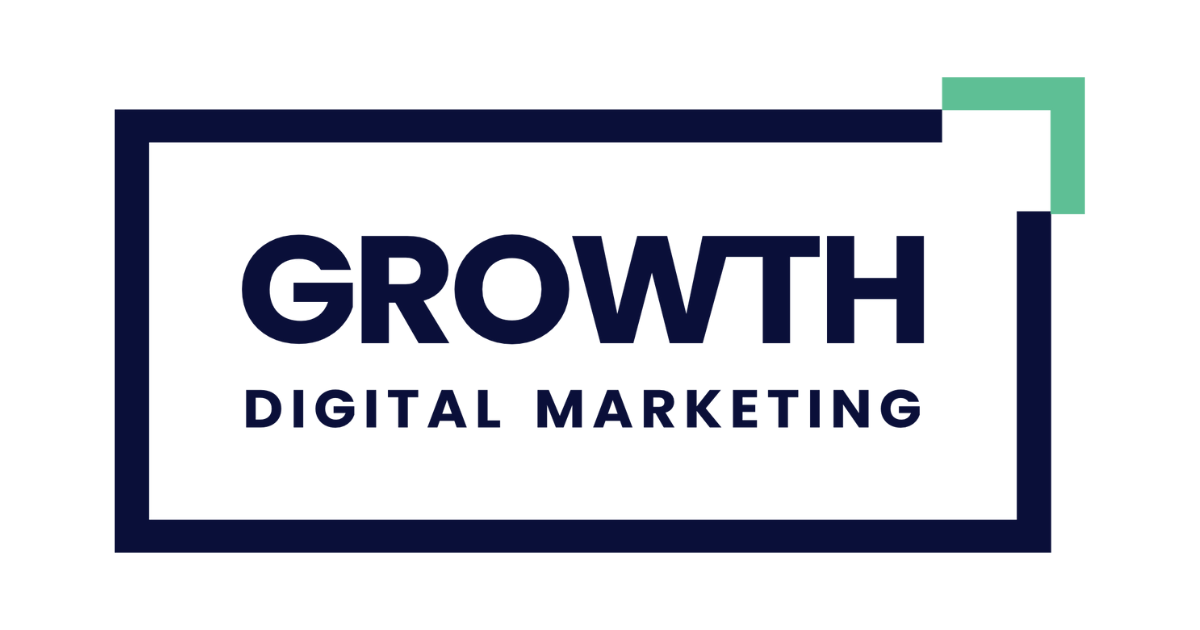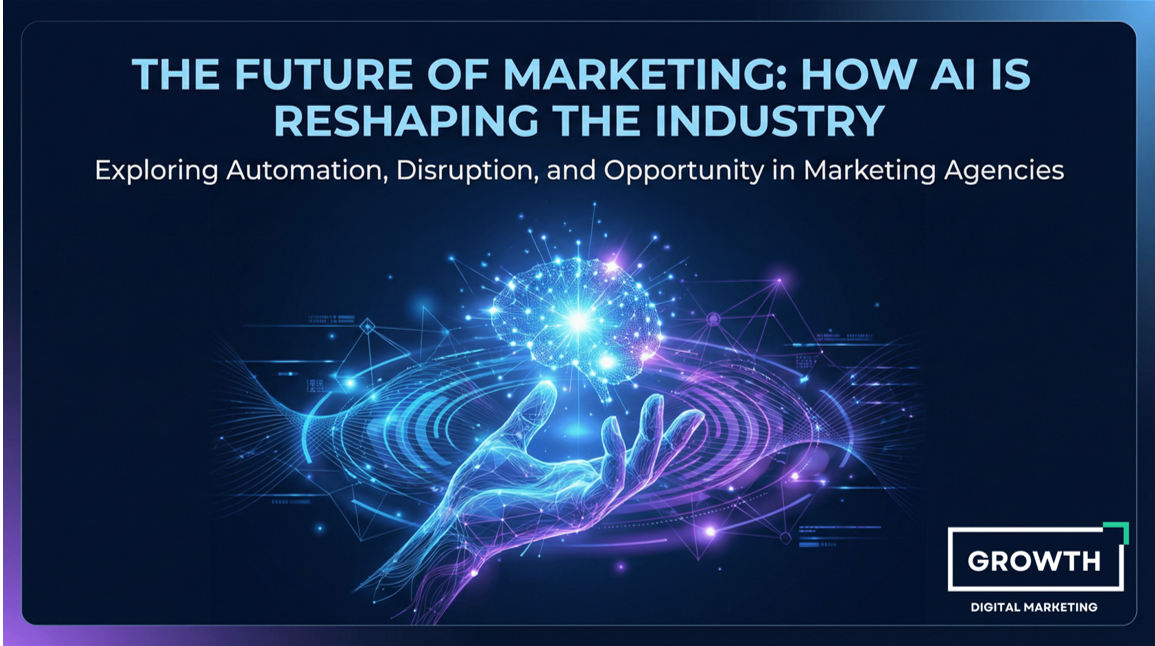The New Search Reality: How AI Overview Is Reshaping SEO
In the ever-evolving landscape of search engine optimization (SEO), a significant shift has occurred, changing how users find information and how websites need to position themselves.
Google's AI Overview feature represents one of the most substantial changes to the search experience in years, and understanding its implications is crucial for anyone with an online presence.
This article examines what AI Overview is, how it works, its impact on search, and most importantly, how website owners should adapt their strategies in response, incorporating the new AI search and discovery optimization strategies.
What Is AI Overview?
AI Overview is a Google search feature powered by generative AI that provides users with AI-generated answers to certain queries. These summaries typically appear above all other search results, often before organic listings and sometimes even above ads. Unlike Featured Snippets, which extract concise information from a single web page, AI Overviews synthesize information from multiple sources to provide a more comprehensive summary.
Initially introduced as "Search Generative Experience (SGE)" in Google's Search Labs program, the feature was officially renamed to "AI Overviews and more" and rolled out to everyone in the U.S. on May 14, 2024. Since then, it has expanded to over a billion users in more than 100 countries, including Ireland.
The technology behind AI Overview is a customized version of Google's Gemini language model, specifically designed for search. It combines Gemini's advanced capabilities, including multi-step reasoning, planning, and multimodality, with Google's best-in-class search systems. This integration allows AI Overview to draw information from various sources across the web and Google's Knowledge Graph to create comprehensive, informative summaries.
What makes AI Overview particularly powerful is its ability to handle complex, multifaceted questions in a single step. Instead of requiring users to perform multiple searches to gather information on different aspects of a topic, AI Overview can synthesize a complete answer that addresses multiple dimensions of the query simultaneously.
How AI Overview Changes Search Behaviour
The introduction of AI Overview has fundamentally altered how users interact with search results. According to official Google statements, people are using Search more with AI Overviews and report higher satisfaction with their results. This makes sense, as users can now get a quick overview of a topic and links to learn more without having to piece together information from multiple sources.
One of the most significant changes is the ability for users to get answers to complex questions without leaving the search results page. For example, if someone searches for "best cities for tech startups with low cost of living in the U.S.," AI Overview can provide a comprehensive answer that considers multiple factors – tech ecosystem, cost of living, location, all in one place.
This convenience is changing user expectations. People are starting to expect immediate, comprehensive answers, rather than having to click through multiple websites. They are also starting to formulate more complex, conversational queries, knowing that AI can understand and process these requests.
Research indicates that AI Overviews currently appear in approximately 6-21% of search results, with the highest prevalence in the health (23%), science (20%), and internet/telecom (11.7%) sectors. This prevalence varies significantly according to search intent, with informational queries much more likely to trigger AI Overviews than transactional or navigational ones.
The impact on click patterns is mixed. On the one hand, Google claims that "links included in AI Overviews get more clicks than if the page had appeared as a traditional web listing for that query." On the other hand, many SEO experts are concerned about an increase in "zero-click searches," where users find their answers directly in the AI Overview without visiting any website.
What is clear is that when users click on an AI Overview, they are generally more engaged and qualified visitors. Having already gained a basic understanding from the overview, they are typically looking for deeper information or specific details – making them potentially more valuable visitors for website owners.
Impact on SEO Practices and the New AI Search Optimization Strategy
AI Overview presents both challenges and opportunities for traditional SEO practices. The most immediate impact is on visibility. With AI Overviews appearing at the top of search results and occupying significant screen real estate (more than 1700 pixels according to some measurements), traditional organic listings are being pushed further down the page.
This change emphasizes the importance of being featured in AI Overviews. Research from various sources indicates a strong correlation between good ranking in traditional search results and being featured in AI Overviews:
•74% of the three websites in AI Overviews rank in the Top 10 (Authoritas)
•73% of websites in AI Overviews rank in the Top 10 (SE Ranking)
This suggests that many of the fundamental SEO practices that help websites rank well in traditional search will also help them appear in AI Overviews. However, there are some important nuances to consider, and AI search optimization introduces new strategies:
1. Co-occurrence Optimization: The New SEO Strategy
In traditional SEO, optimizing for keywords was the key to high ranking. In AI-driven SEO, the goal shifts to co-occurrence. Co-occurrence refers to the frequency with which your brand or product appears alongside relevant topics across the web. AI models "learn" associations between topics and products based on how often they are mentioned together in reliable sources.
How to optimize for co-occurrence:
•Identify Target Topics: Know which topics you want your product to be associated with. These are often linked to the problems your product solves.
•Disseminate Your Content Across Different Platforms: AI models extract information from a wide range of sources, including forums, articles, blogs, and user-generated content (UGC) platforms like Reddit and Quora. The more places your brand co-occurs with relevant topics, the higher the probability of appearing in AI-generated answers.
•Monitor and Adjust: Co-occurrence is not static. AI models are continuously trained with new data, meaning you need to monitor where and how often your product is mentioned. Tools like BuzzSumo, Ahrefs, and SimilarWeb can help track co-occurrences and adjust your strategy.
2. Citation Optimization: How to Be the Source in AI Answers
Citation optimization is the next evolution of traditional backlinking. When AI models generate answers, they often reference specific sources as supporting evidence. These citations are becoming increasingly important in building trust and authority.
How to optimize for citations:
•Create Citation-Worthy Content: AI models cite authoritative, high-quality content. Your content should be comprehensive, original, and up-to-date.
•Choose the Right Citation Opportunities: Focus on creating content that answers highly specific and valuable questions. Look for citation opportunities by targeting question-based queries.
•Partner with Influential Sources: Work with high-authority platforms like NerdWallet, Forbes, or U.S. News to have your brand mentioned in their articles.
•Analyze Citations: Use tools like Google Search Console and Ahrefs to identify when and where your content is being cited. Pay attention to ChatGPT's and Perplexity's use of your content as citations.
3. Leveraging RAG (Retrieval-Augmented Generation) for Discovery
Large language models like GPT-4 often team up with traditional search engines to extract relevant content. This process, known as Retrieval-Augmented Generation (RAG), is increasingly used to ensure that the AI model's answers are accurate.
How to optimize for RAG:
•Create Content that AI Models Want to Use: Your content needs to answer specific and actionable questions, include structured data that is easy for search engines to interpret, and be factually accurate and consistently updated.
•Use Structured Markup: Structured markup, such as schema.org metadata, helps AI engines interpret your content correctly. For example, adding FAQ schema to your articles makes it more likely that your content will be retrieved for question-based queries.
•Leverage Multi-Surface Optimization: Your content should not only be optimized for Google. AI models like ChatGPT, Bing AI, Anthropic, and others extract information from a variety of sources, including YouTube, Instagram, and TikTok. Make sure your SEO efforts extend to these platforms as well.
How Website Owners Should Respond to AI Overview
Given these changes, how should website owners adapt their strategies? Here are key recommendations based on both Google's official guidance and expert analysis:
Focus on Comprehensive, Authoritative Content
Create content that thoroughly covers topics with depth and expertise. Rather than producing numerous thin articles targeting slight variations of keywords, focus on developing comprehensive resources that address all aspects of a topic. This approach is more likely to position your content as a valuable source for AI Overviews.
Add character and unique perspectives to your content. Include anecdotes, first-hand experiences, and original insights that AI can't generate on its own. This not only helps differentiate your content but also provides the kind of unique value that Google's systems are increasingly prioritising.
Optimise Technical Foundations
Ensure your website is fully crawlable and indexable. Technical issues that prevent Google from accessing your content will obviously prevent it from being featured in AI Overviews. Regular technical SEO audits are essential to identify and address any crawlability or indexability issues.
Implement structured data where appropriate. While not specifically required for AI Overviews, structured data helps Google better understand your content and may increase the chances of it being correctly interpreted and featured.
Improve your site architecture to help users and crawlers navigate your content more effectively. A logical structure that connects related content helps Google understand the relationships between different topics on your site.
Adapt to an "Answer" and "Co-occurrence" Mindset
Instead of just focusing on keywords and ranking, think about how your content can provide the best direct answer to a question. Answer optimization and citation optimization are crucial. Additionally, focus on building your brand's co-occurrence with relevant topics across multiple platforms, not just on your own website.
Consider Strategic Pivots
Diversify your content to serve different stages of the customer journey. While informational content may increasingly compete with AI Overviews, content targeting transactional or navigational intent is less likely to be affected.
Focus on building brand authority in your niche. As Google's systems increasingly prioritize authoritative sources, establishing your site as a go-to resource in your field becomes even more valuable.
Develop deeper content for qualified visitors who click through from AI Overviews. These users have already gained a baseline understanding and are looking for more detailed information—make sure your content delivers.
Strategies for Getting Your Brand Featured in AI Overviews
Beyond the general recommendations above, there are specific strategies that can help increase your chances of being featured in AI-generated responses. These approaches focus on optimizing your online presence specifically for AI discovery and citation:
Optimize Your Website with E-E-A-T in Mind
While E-E-A-T has been mentioned earlier, it's worth emphasizing its critical importance for AI Overview visibility. Google's AI systems heavily favor sources that demonstrate strong Experience, Expertise, Authoritativeness, and Trustworthiness. To enhance these signals:
• Ensure your website includes clear author information with relevant credentials and expertise. For company websites, provide comprehensive "About Us" pages that highlight your organization's history, mission, and expertise in your field.
• Make contact information easily accessible and ensure all content is regularly updated. Outdated information can significantly diminish trust signals.
• Implement comprehensive schema markup, particularly Organization, Product, Review, and FAQ schemas. This structured data helps Google's AI systems better understand your content and its relevance to specific queries.
Secure Citations from High-Authority Sources
Google's AI doesn't just pull information from your own website—it also considers how your brand is mentioned across the web. To improve your chances of being featured:
• Develop a strategic outreach program to be featured in industry publications, news articles, and trusted directories. These third-party mentions serve as validation signals for Google's AI.
• Create a regular cadence of press releases distributed through reputable newswire services when you have genuinely newsworthy developments to share.
• Establish a presence in trusted online communities like Reddit, Quora, and LinkedIn where your brand might be discussed. While social mentions aren't always directly cited, they can influence overall brand visibility in AI systems.
Create FAQ-Focused Content
AI Overviews frequently appear for question-based searches, making FAQ-style content particularly valuable:
• Develop content that directly addresses common questions related to your brand or products. Consider queries like "Is [Your Brand] good for [specific use case]?" or "Where to buy [Your Product] in [specific location]?"
• Structure this content using Q&A schema markup to make it even more accessible to Google's AI systems.
• Ensure your answers are concise, factual, and easy to understand—AI systems tend to favor clear, straightforward responses over marketing language.
Leverage Google's Own Ecosystem
Google's AI naturally tends to trust information from within its own ecosystem:
• Maintain a complete and regularly updated Google Business Profile with accurate business information, photos, and posts.
• Actively encourage satisfied customers to leave Google Reviews, as these can influence how your brand is represented in local-focused AI Overviews.
• If applicable to your business, develop a strong YouTube presence with optimized video content. Google's AI frequently pulls information from video descriptions and transcripts when generating overviews.
Use Structured Data for AI Discovery
Implementing the right structured data can significantly improve your chances of being featured in AI Overviews:
• For e-commerce sites, ensure all products have complete Product schema implementation, including pricing, availability, and review information.
• Use FAQ Page schema for any question-and-answer content on your site.
• Implement Organization schema to provide clear information about your company.
• Add Review schema where appropriate to highlight social proof and customer satisfaction.
Monitor and Adapt to AI Overview Appearances
Understanding how AI Overviews are currently representing your industry and brand is crucial:
• Regularly search for queries relevant to your business, such as "Best [your industry] brands" or "[Problem your brand solves]" to see if and how AI Overviews appear.
• Use Google Search Console in conjunction with SEO tools like Ahrefs or SEMrush to identify keywords where you're ranking but potentially losing visibility due to AI Overviews.
• When you do appear in AI Overviews, analyze which content is being cited and use those insights to optimize other pages.
Create AI-Friendly Content Formats
The format and structure of your content can significantly impact its likelihood of being featured:
• Use clear, descriptive headings and subheadings that directly address user questions.
• Incorporate bullet points and numbered lists to break down complex information into digestible chunks.
• Provide direct, concise answers to common questions near the top of relevant pages.
• Enhance your content with relevant images, videos, and other multimedia elements that provide additional context and value.
The Future of Search with AI Overview
As AI Overview continues to evolve, we can expect further refinements and expansions of the feature. Google has already announced plans to add more capabilities, including the ability for users to adjust their AI Overview (simplifying language or getting more detailed information), enhanced multi-step reasoning for complex questions, and integration with planning tools for tasks like meal planning and travel itineraries.
The addition of ads within AI Overviews also signals Google's commitment to making this feature a central part of the search experience going forward. For website owners, this means that adapting to AI Overview isn't just a temporary adjustment but a fundamental shift in how SEO needs to be approached.
While some in the SEO community have expressed concerns about the "unspoken contract" between Google and websites being broken—with Google potentially keeping more users within its ecosystem rather than sending them to websites—the reality is more nuanced. The quality of traffic may be changing, with more qualified visitors clicking through to websites for deeper information after getting baseline knowledge from AI Overviews.
Conclusion
AI-powered search engines are fundamentally changing the SEO landscape. By focusing on co-occurrence optimization, citation optimization, and leveraging RAG, you can position your content to be featured in AI-generated answers.
This shift requires a new approach to content creation, distribution, and measurement, moving beyond traditional keyword rankings to focus on share of voice and direct citations.
Embracing these strategies will be crucial to maintaining visibility and driving discovery in the evolving world of AI search.
Sign Up to Get Our Best Content First
Subscribe to our newsletter and get the latest insights on mobile apps, digital marketing trends, and growth strategies delivered straight to your inbox.
Stay Connected!
Follow Us:




